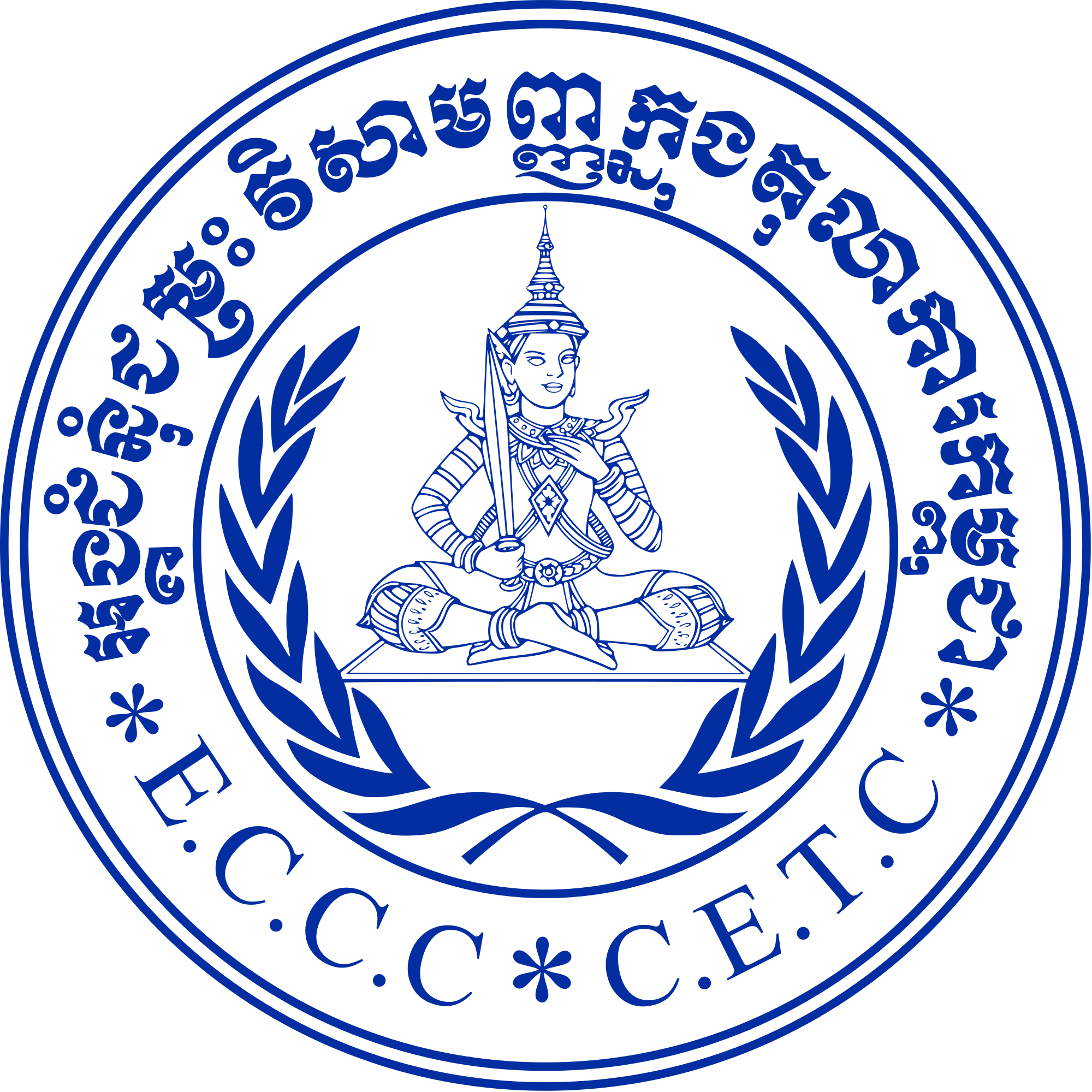On July 17, 2016 we celebrate the day of international criminal justice. This year, this celebration has a special flavour for Counsels and Lawyers.
On 30 June and 1 July 2016 the International Criminal Court Bar Association (ICCBA) was formally established and has elected its governing bodies.
This event is essential in the life of the International Criminal Court (ICC) and for all those interested and involved in international criminal justice.
Since the entry into force of the Rome Statute and the beginnings of the International Criminal Court, the International Criminal Bar has always advocated and worked for Counsels and Lawyers to be officially recognized in their own right as one of the essential pillars of this Court.
We have always considered that the establishment of the International Criminal Court was an essential progress of international law. However, this progress was flawed particularly because the ICC has been designed and built without the Defence and the Legal representation of victims. In other words and from a judicial point of view, if the ICC relies on the three pillars of the Judges, the Prosecutor's office and the Registry, it misses the essential pillar of Counsels and Lawyers.
We have repeatedly stated and showed that there is no justice and no legitimate, credible and accepted decision without Defence lawyers and without Legal representatives of victims.
It was therefore necessary, first, to structure and formalize the representation of Counsel before the ICC in order to enable them to speak with one voice and to join forces to face the Court and its organs, and, secondly and in particular, to set up a structure to assist Counsel in their professional practice before the ICC.
The working group created in March 2015 with the mission to draft the statutes of the International Criminal Court Bar Association completed its work. We took our share in this process.
This association of Lawyers and Counsels, whose legitimacy and independence cannot be questioned, is an essential progress. We rejoice because international criminal justice will be perfectly balanced as long as it is also be based on the pillar of Lawyers and not just on that of the Office of the Prosecutor or the ICC Judges.
The President and the Registrar of the ICC as well as the President of the Assembly of States Parties to the Rome Statute of the ICC have publicly stated the need for an independent Bar Association for that Court.
It is now up to the International Criminal Court Bar Association to fulfil its mission in the service of Counsels and its members from all backgrounds. We are conscious of the exciting nature of this task and its magnitude.
The ICB will work closely with the ICCBA and will continue to work towards achieving the goals set in its statutes adopted in 2002!
David Levy, co-President of the International Criminal Bar




